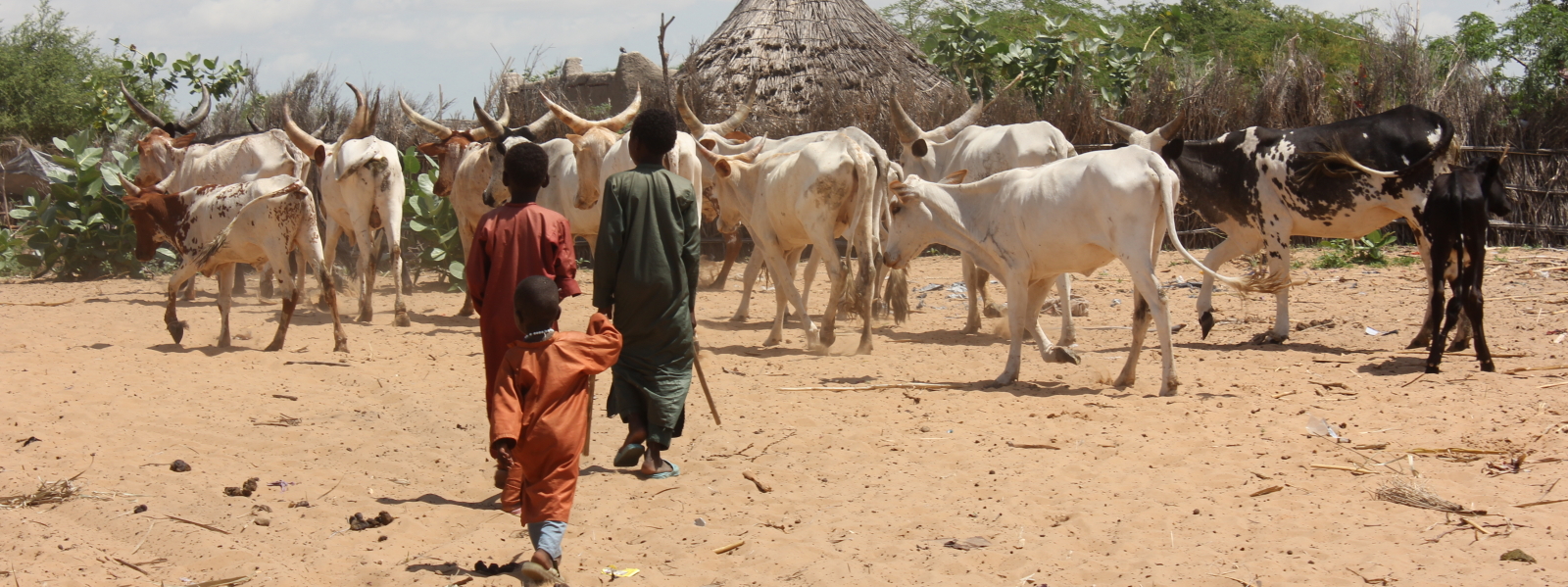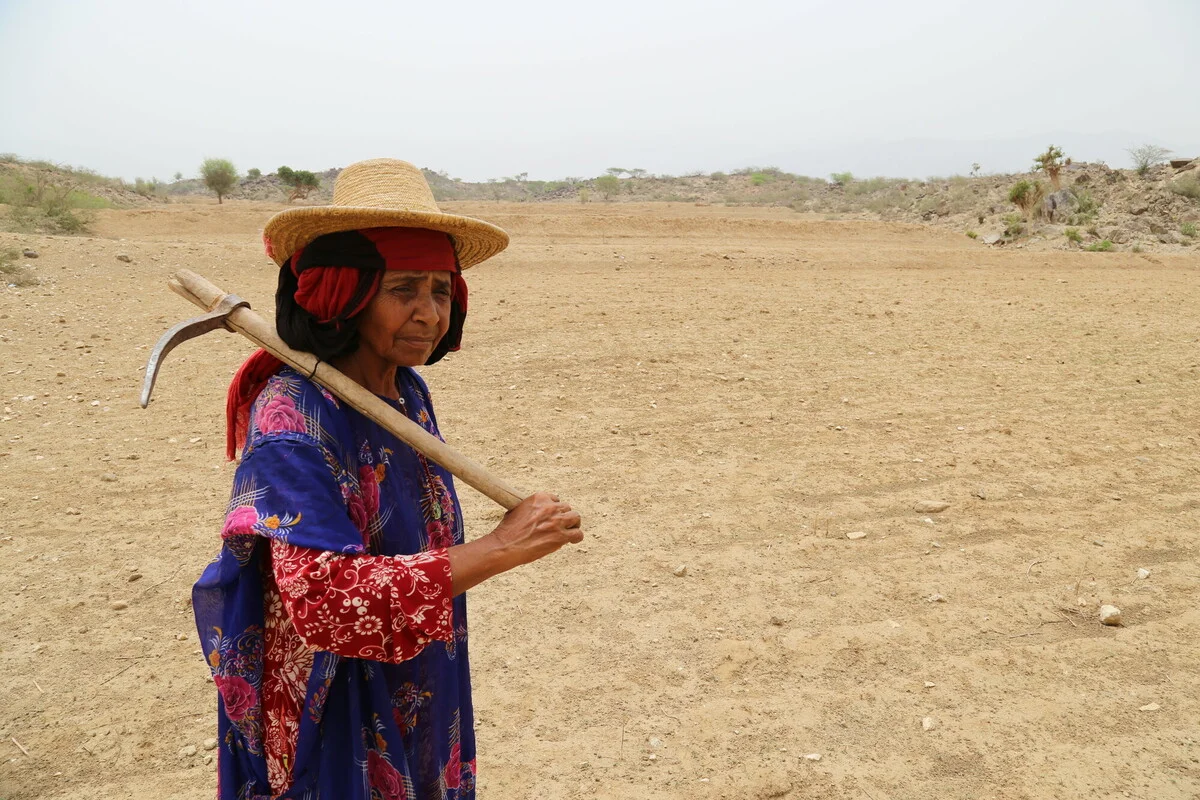“It is getting very difficult to catch fish now,” says Tafue Lusama, Chairman of the Tuvalu Climate Action Network. “Increased carbon in the atmosphere has led to rising sea temperatures, ocean acidification and coral bleaching. This has contributed to a sharp decline in fish stocks”.
As a result, “the cost of fish caught around our islands has become very expensive,” says Tafue. “It is cheaper for a person to … buy a tin of fish … which is processed thousands of miles away … than buying fish from local fishermen”, he says. This has also meant a loss of employment and income for many locals.
Rising sea levels and tidal inundations linked to climate change have also significantly reduced access to locally-grown foods including the staple root crops taro and pulaka.
These climate impacts have contributed to an increased reliance on imported, processed foods – the consequence is a rise in health conditions like diabetes and hypertension previously little known in Tuvalu.
Such health and other costs of climate change could cripple many Pacific Island states if they don’t receive adequate resources to adapt.
Inaction makes us vulnerable, too
Much of Australia’s wealth and high standard of living has come through industrialisation and the burning of coal and oil. These processes release carbon into the atmosphere. Our history of releasing carbon, together with the fact that we are now the highest-per- person greenhouse gas polluter in the developed world, means we have a responsibility to act.
Paradoxically, our wealth is now threatened by this carbon-reliant development path. If we don’t innovate, the projections are for more regular and severe bushfires, floods and droughts – but also the loss of other valuable resources.
The amount of carbon dioxide in the Earth’s atmosphere is increasing. As of September 2010, it stood at 386.8 parts per million (ppm), by March 2011 it had climbed to 392.4 ppm. If we don’t reduce this to at least 350 ppm in the medium term, the Great Barrier Reef is expected to die within forty years. The economic impact from losses in our tourism and fishing industries are potentially enormous – not forgetting the loss of biodiversity and natural protection against storm surges.
The costs of inaction
Rather than enjoying the future benefits of stable economic growth, inaction on climate change means that impacts and associated adaptation costs are set to grow exponentially. These will affect food and electricity prices, personal wealth and Australia’s trade position.
Increasing food prices
Climate change is increasing the severity and frequency of drought, particularly in our breadbasket, the Murray-Darling Basin. Left unchecked, this means drought assistance to farmers will increase from once every 25 years (on average), to once every two years by 2040.
Water shortages, storm impacts, bushfires and floods – as well as an increase in pests and disease – will trigger a rapid decline in food production. Australia will become a net importer of food rather than a net exporter. The result will be much higher grocery prices and displacement of many communities from the Basin.

Increasing energy prices
We are already seeing power bills going up because of outdated infrastructure. AGL Energy has warned that the current uncertainty around climate policy has led to underinvestment in the electricity industry, which will cost consumers an extra $2.1 billion a year by 2020.
Impacts on wages and property
Real wages are predicted to be around 12% lower if we don’t take strong early action on climate change.
One example is in the building industry. With heat waves impacting tradesmen and labourers’ ability to work, the costs of construction will rise while individual workers will lose wages. A similar situation is already being witnessed in India.
The greatest financial costs, however, will be damage to homes and businesses from an increasing number of extreme weather events. The value of property at risk in the medium-term from rising sea levels, erosion and storm surges in Australia, is estimated to be as much as $150 billion.
Without action, our trade competitiveness will suffer
Thirty-two countries have emissions trading schemes already, and China has recently announced plans to introduce one in the next five years. As countries place limits on carbon pollution, trade barriers are likely to be enforced against others who fail to curb their emissions. Our trade competitiveness would then be damaged as a result.
With our stock exchange comprised of so many high-polluting companies, our superannuation industry is also exposed. Without strong action, our super funds risk huge losses as stocks decline in value over the long-term.
Business leaders are increasingly calling on the government to act on climate change so their companies aren’t at a disadvantage, and won’t miss global investment and job opportunities. The head of BHP Billiton, Marius Kloppers, has called on the government to set a price on carbon. We “…believe that such a global initiative will eventually come and, when it does, Australia will need to have acted ahead of it to maintain its competitiveness”, said Mr Kloppers.
Richard McIndoe, Managing Director of TRUenergy, agrees, saying “… we really need to…have a dialogue with the government about the best way to attract investment in low carbon pollution technology now. There is no time to waste.”
Getting smart on climate change
<< Part 1 | Part 2 | Part 3 >>
How you can get smart
- Download the “Getting Smart on Climate Change” pocket booklet (PDF 1.5mb), share it with your friends by sending them the link. Or ask us to send you a copy
- Get connected: Join our online community A Climate for Change. Connect with like-minded people and share ideas about how to tackle climate change
- Learn how communities are already being affected and how they are adapting to the impacts of climate change through the Faces of Climate Change short film series
- Become a UN Climate Tracker and influence the international climate negotiations from your computer!



